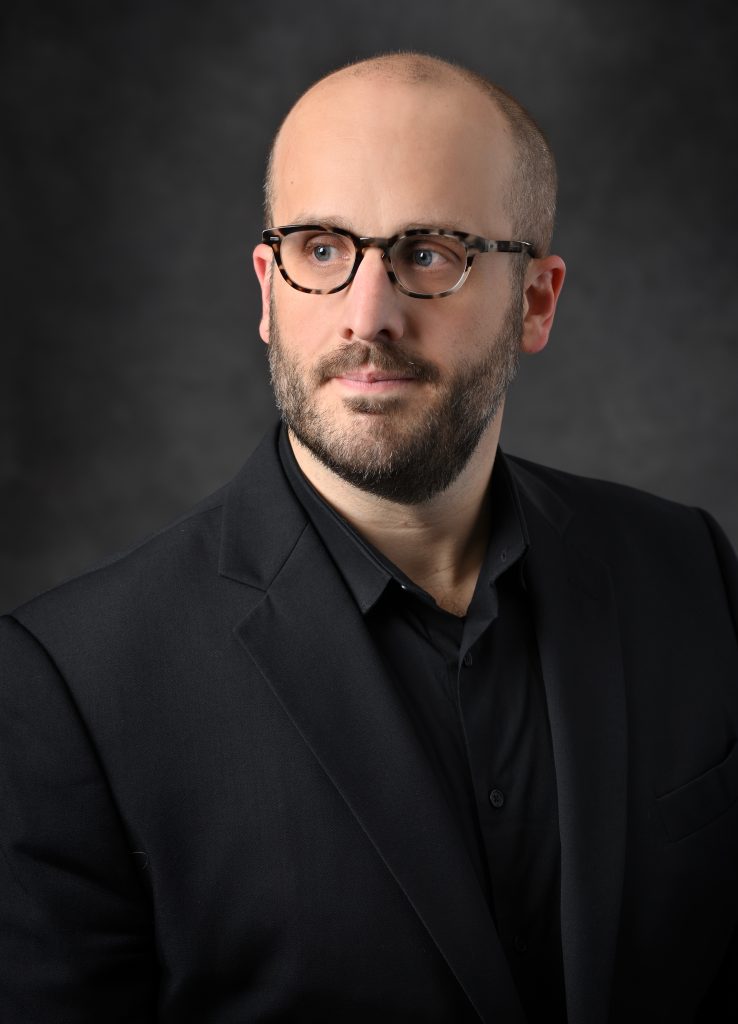Published on
Updated on
The Barlow Endowment for Music Composition at Brigham Young University has announced that David Biedenbender is the recipient of the 2025 Barlow Prize: a commission to compose a major new work of 15 minutes for wind symphony. The piece will be premiered by a consortium of performers which will include the BYU Wind Symphony, the Tokyo Kosei Wind Orchestra, the United States Navy Band, and the University of Michigan Symphony Band.
His submission was selected from 526 entries by composers hailing from 46 countries.

The Barlow Endowment for Music Composition, one of the premier commissioning organizations for new concert music in the U.S., was established in 1983 through the generosity of Milton A. and Gloria Barlow and is administered by Brigham Young University.
Biedenbender was a Resident Composer at the 2011 Mizzou International Composers Festival, where his piece, Schism, was premiered. The MICF takes place each July in Columbia, Missouri, and features public concerts, presentations, workshops, and more. Following an application process, the festival selects eight resident composers through an application process to compose new works that will be premiered by Ensemble-in-Residence, Alarm Will Sound. During the week, Resident Composers rehearse closely with the ensemble, give public presentations on their work, and receive private lessons with two Distinguished Guest Composers.
Past Barlow Prize winners who were also MICF Resident Composers are Clint Needham, Narong Prangcharoen, Texu Kim, Bobby Ge, and Viet Cuong.
Biedenbender has collaborated with many renowned performers and ensembles, and his works have been performed, recorded, and broadcast around the world. “His music is…active, compelling…shot through with energy….wonderfully imagined…Clearly, this is a composer to watch out for.” (Fanfare Magazine)
He has written music for the concert stage as well as for dance and multimedia collaborations, and his creative interests include working with classically trained musicians and improvisers, chamber and large ensembles, interactive electronic interfaces and live brain data.
His music is influenced by experiences performing in rock and jazz groups, classical ensembles and concert bands, and a New Orleans-style brass band, as well as Indian Carnatic Music. A dedicated teacher, he is Associate Professor and Chair of Composition in the College of Music at Michigan State University, and he holds degrees in composition from the University of Michigan and Central Michigan University.